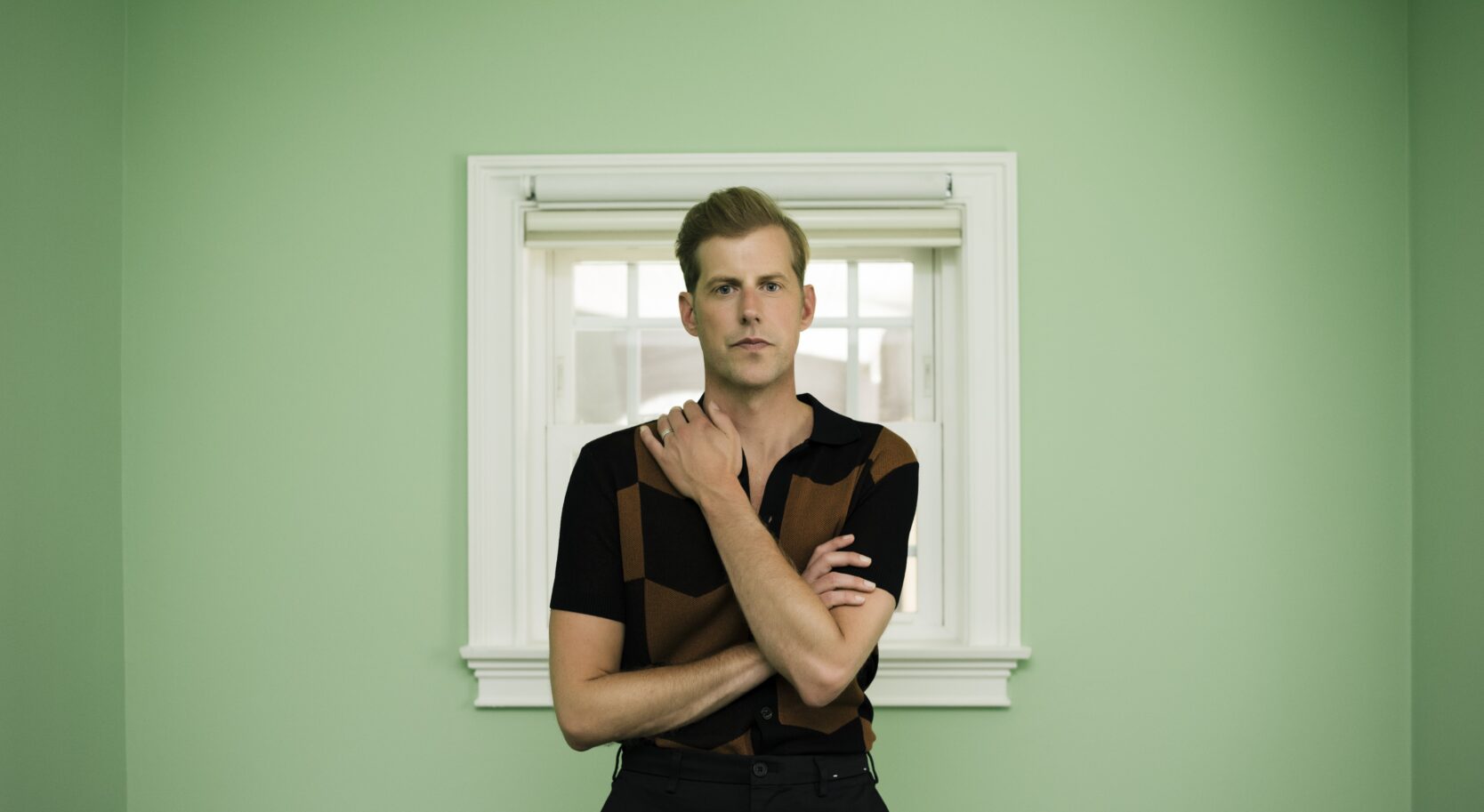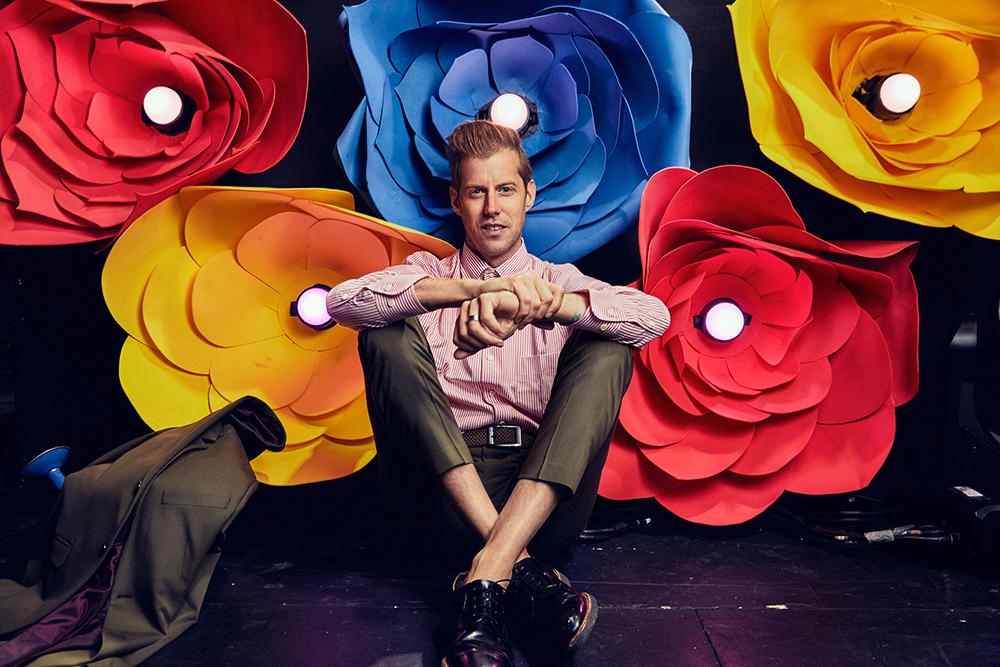For the past two-plus decades, Andrew McMahon has spent countless hours on the road as a touring musician. Whether fronting Something Corporate, Jack’s Mannequin, or Andrew McMahon in the Wilderness, he knows what needs to be done in order to pace himself on tour. That includes maintaining his mental health.
McMahon was diagnosed with leukemia at age 22, but he’s now a 17-year survivor. Though he regained his physical health, he admits that recovering mentally took time.
“There was a number of years — five or six — that was a huge rollercoaster ride,” he says. “A lot of post-traumatic stress things that I didn’t have a name for. Eventually I sought therapy — gosh, I was probably close to 30 — and realized quickly just how much I had been missing by not looking out for my mental health. When we started the Dear Jack Foundation — we create programs for adolescents and young adults who are facing a cancer diagnosis or who have survived one — we decided to focus on ways to help them build community, ways to enter survivorship in a healthy way, and also to do our very best to destigmatize the bit about mental health.”
McMahon also says that despite beating cancer, he still felt its effects on his life — from mood swings to dealing with other unresolved issues. But seeking therapy helped him move forward.
“Sitting down for the first time with a neutral third party and saying, ‘This is where I come from, this is what I’ve seen,’ it changed the trajectory of my life in such a major way,” he says. “All of a sudden, I had a space to unburden myself and didn’t feel like I was burdening others.”
To this day, McMahon still goes to therapy, albeit not as frequently. When things get tricky with regard to his mental health, even when he’s on tour, he knows that talking to someone helps him feel better.
“I find it easier to get back on track when I find myself slipping a bit,” he admits. “If you’re not looking out for yourself on a lot of levels, there’s room for tension. … If there’s tension between people that you work with or people that you love, rather than let that stuff sit, it’s a superpower to say, ‘Is everything OK, and can we talk about it?’ I’m a big fan, these days, of trying to get ahead of those things. Going through a process of talk therapy, and everything that went along with it, has made that much more of a priority for me.”
Subscribe to SPIN on YouTube and check out more videos from our SPIN IMPACT series in the playlist below:





